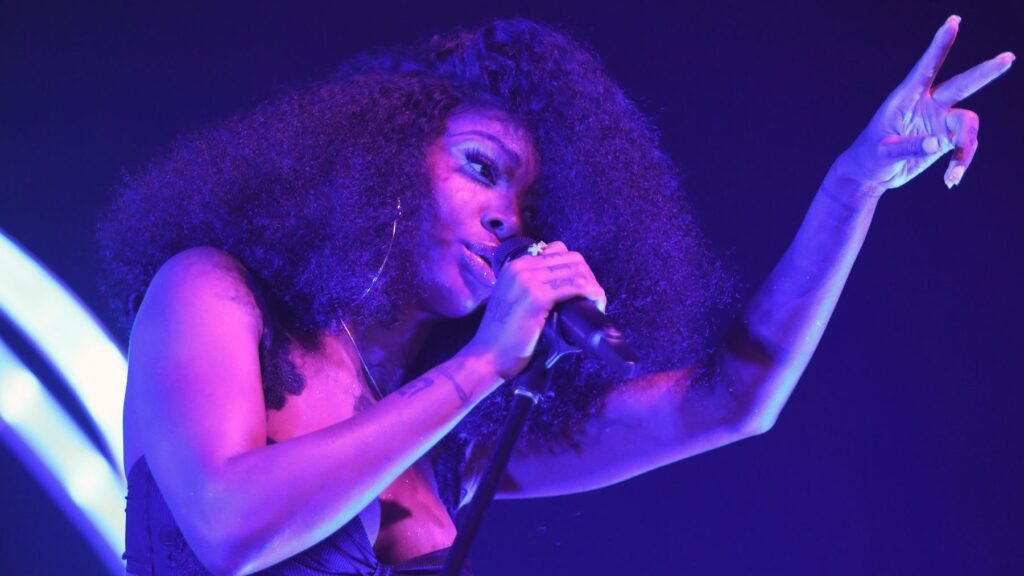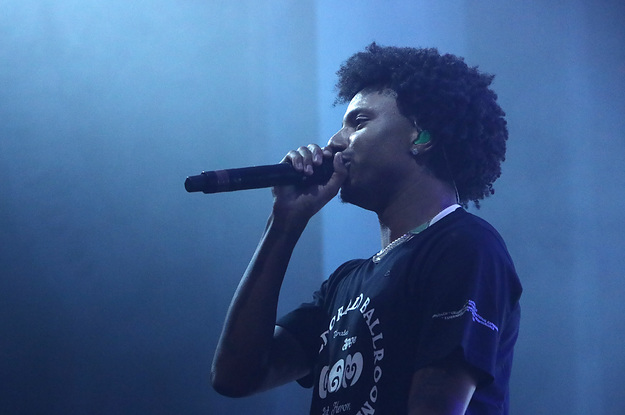
Bad Contracts Are a Music Industry Standard. Why Haven’t They Evolved?
Behind so many of the world’s most successful and beloved musicians is often a terrible contract. For decades, the music industry has found ways to squeeze as much profit from artists and songwriters as possible, and while awareness of these practices has grown, exploitative deals remain practically an industry standard.
Artists like Kanye West, Young Thug, and Meek Mill have all spoken about the constraints and detriments of these contracts, but it’s rare for anyone outside the industry to actually get a look at the fine print. Recently, however, Rolling Stone obtained a copy of R&B artist Summer Walker’s contract with the label/management company Love Renaissance (which is mostly known as LVRN). Rolling Stone had numerous lawyers and managers review the contract, which, among other things, compelled Walker to forfeit the rights to her master recordings and saddled her with a low royalty structure for what one lawyer who looked at a draft contract described as “a somewhat indeterminate amount of time.”
(Walker, in a recent Instagram post, essentially confirmed these were the terms she agreed to when she signed the contract but claimed her deal has changed since then.)
Peter Scoolidge, one lawyer who reviewed Walker’s contract, spoke with Rolling Stone about the prevalence of these contracts and the power imbalances that allow major labels to get away with offering such questionable terms. But Scoolidge also touched on the shifting landscape and expressed hope that the tide against bad deals my finally be turning.
“I think the difference-maker is going to be the uptick and adoption of new methods in doing it,” he said. “More improved platforms, more middlemen who can bring it all together and provide a good level of services to get their image developed the right way, distribute the music the right way without taking 85% off their money. I think in the next five years we’re gonna see a couple of transformative solutions that will turn the tables a bit more. I’m optimistic about that.”




